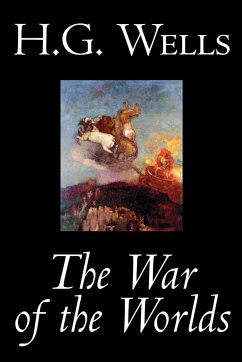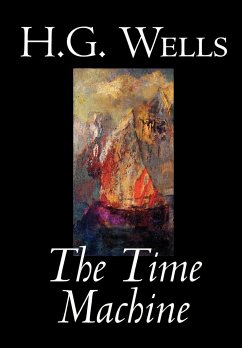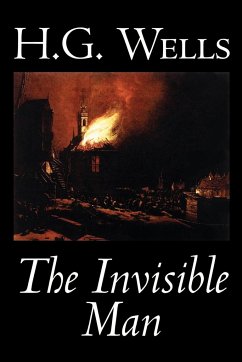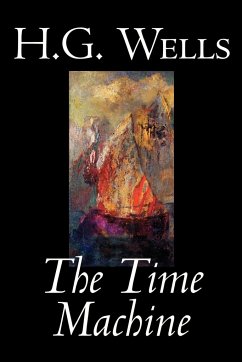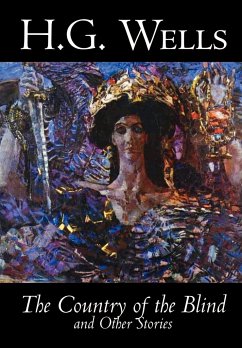The biological truth Wells has given us would slow down an alien encounters on Star Trek or Farscape, where intrepid adventurers rarely worry about local languages, much less breathing the local air. The aliens have invaded because they have a fondness for human blood, sucked from living beings (how they discovered they had a taste for us is unclear, but it makes dramatic theater, anyway). If you haven't read Wells, you need to; Wells created a landmark -- he is a thoughtful social commentator, a pioneer of what makes SF intellectually appealing, and a damned fine storyteller, too. The novel is the first-person narrative of both an unnamed protagonist in Surrey and of his younger brother in London as southern England is invaded by Martians.
Hinweis: Dieser Artikel kann nur an eine deutsche Lieferadresse ausgeliefert werden.
Hinweis: Dieser Artikel kann nur an eine deutsche Lieferadresse ausgeliefert werden.

